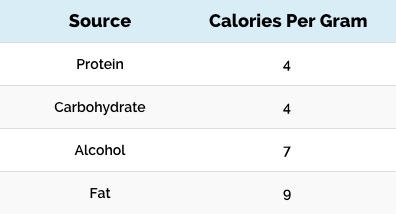The Gastric Sleeve Diet
Diet Plan Before Gastric Sleeve Surgery
To lower the risks involved during the laparoscopic gastric sleeve procedure, your surgeon may instruct you to lose additional weight before surgery. You can accomplish your target weight by following a pre-surgery diet plan as instructed by your physician and exercising.
2 Weeks Before Surgery
Follow your surgeon’s pre-surgery diet instructions. The instructions may include:
- Lean protein intake. Select the leanest part of the meat such as sirloin steak, trimmed pork chop, chicken breast, and turkey breast, and fish.
- Low-fat and low-carb foods. Fat contain the highest calories per gram compared to other sources 9 calories per gram.
- Carbohydrates are easily stored in your liver.
- No sugary, carbonated and alcoholic beverages.

** Your surgeon may request you to start adopting a clear liquid diet about a week before the gastric sleeve surgery.
Diet Plan After Gastric Sleeve Surgery
The first few weeks after surgery, you may experience mood changes and frequent irritability. However, it is crucial to follow your surgeon’s instructions to reduce the post-operative complications such as nausea, diarrhea, dehydration, constipation, and gastric leakage. Consult with your doctor and ask approval before progressing to the next diet stage. Make sure to follow up regularly.
Clear Liquid Diet
Weeks 1-2 Or Until The Initial Post-Operative Doctor's Visit
After surgery, you are limited to clear sugar-free fluids only because your stomach needs to heal. Take small sips and do not force yourself when you feel full.
- Drink slowly, take a few sips, and do not force yourself to drink when you feel full
- Stay hydrated. Try to drink 8 cups (64 oz.) of clear liquids daily
- Drink no-calorie/low-calorie clear fluids without chunks, pulp, or fiber
- Choose low-calorie clear protein supplements
- Avoid sugary, alcoholic, and carbonated drinks
Full Liquid Diet
Weeks 3-4
You are allowed to consume more variety of liquids. Do not use a straw as it may cause bloating.
- Follow your physician’s instructions
- Limit on drinking caffeinated teas and coffees. Instead, substitute with the decaffeinated teas and coffees
- Avoid sugary, alcoholic, and carbonated drinks
- Try to consume at least 60 grams of protein daily
- Select low-calorie protein supplements that contain high in protein, low in fat, and low in carbohydrate
Pureed / Soft Foods
Weeks 5-8
You are allowed to eat cooked meat and vegetables under the caveat that all the foods have to be soft, high in protein, low in sugar, and low in fat.
- Eat slowly, chew thoroughly
- Your protein goal is at least 60 grams daily
- Drink water at least 8 cups (64 oz.) daily
- Avoid high carbs, high sugar, high fat and fried foods
- Eat soft and moist lean proteins
- Do not eat raw foods on this stage
- Take multivitamin and mineral supplements as directed by your physician
- You can blenderize your food to puree consistency while adjusting to soft foods


